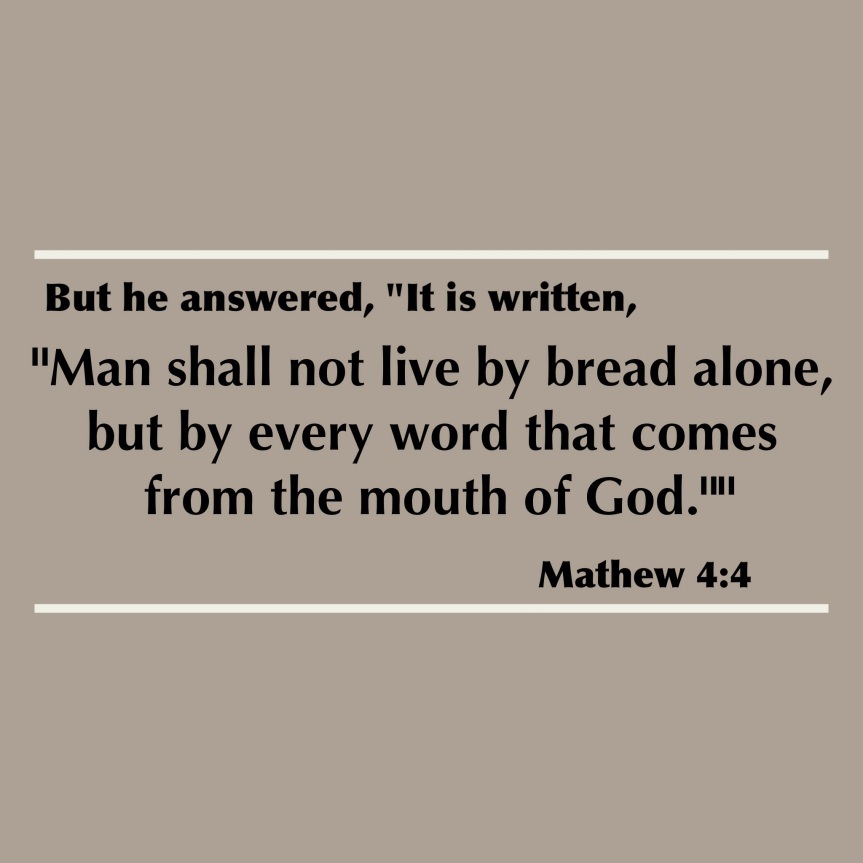Ever heard that your “words have power”? Ever studied how to “declare” blessings in your life? Here are three Biblical principles that will unlock your understanding of the spiritual implications of words.
Declaring your plans
The Epistle of James was written to Jewish believers in Christ in the earliest era of the church. Keep in mind the following passage is speaking to Christians as you read it. It gives us the most important lesson about speaking.
“Come now, you who say, “Today or tomorrow we will go into such and such a town and spend a year there and trade and make a profit”— yet you do not know what tomorrow will bring. What is your life? For you are a mist that appears for a little time and then vanishes. Instead you ought to say, “If the Lord wills, we will live and do this or that.” As it is, you boast in your arrogance. All such boasting is evil. So whoever knows the right thing to do and fails to do it, for him it is sin.” (James 4:13-17 )
When we read, “yet you do not know what tomorrow will bring”, we see not only that our words don’t inform the future but they also don’t affect the future. Therefore, if you assert the future with your words reflecting your will “you boast in your arrogance” not acknowledging the will of God.
Conversely, this is where the key to blessing is! As the proverb says, acknowledging God’s will is crucial.
Proverbs 3:5-7 “Trust in the LORD with all your heart, and do not lean on your own understanding. In all your ways acknowledge him, and he will make straight your paths. Be not wise in your own eyes; fear the LORD, and turn away from evil.”
Rather than arrogantly declaring the future according to your “own understanding” being “wise in your own eyes”, boldly “acknowledge” God and his sovereign will in everything and “he will make straight your paths”. This is the first crucial step.
Jesus gives us a lesson on words
“Either make the tree good and its fruit good, or make the tree bad and its fruit bad, for the tree is known by its fruit. You brood of vipers! How can you speak good, when you are evil? For out of the abundance of the heart the mouth speaks. The good person out of his good treasure brings forth good, and the evil person out of his evil treasure brings forth evil. I tell you, on the day of judgment people will give account for every careless word they speak, for by your words you will be justified, and by your words you will be condemned.” (Mat 12:33-37)
Words come out of our heart and therefore reflect the inner condition of our hearts. If we speak lies, our hearts are full of deceit. Conversely, if we are filled with the Word of God, then we will boldly speak God’s words. Out of the heart the mouth speaks.
Because our words demonstrate the inner condition of our hearts, we are going to be judged for our words. Since the fruit of the heart ripens from our lips, we will make our hearts known when we open our mouths. Therefore, what we fill our hearts with is the crucial next step.
“I have stored up your word in my heart, that I might not sin against you. Blessed are you, O LORD; teach me your statutes! With my lips I declare all the rules of your mouth. In the way of your testimonies I delight as much as in all riches. I will meditate on your precepts and fix my eyes on your ways. I will delight in your statutes; I will not forget your word.” (Psalm 119:11-16)
How to speak blessing
The Apostles found themselves in difficulty and challenge and their response is our example. In the book of Acts 4:29, the Apostles prayed asking for deliverance
“And now, Lord, look upon their threats and grant to your servants to continue to speak your word with all boldness,”.
There are two things to note about speaking here. First, the apostles make supplication not declaration. They don’t boldly declare but humbly beseech. They don’t think their words can affect the future but they do think the One who hears their words can. Secondly, the words they seek to speak are not desired outcomes, positive thoughts or even “words of faith”, rather they seek to speak God’s own word boldly. This ought to remind us “not my will by thine” and not our words, but God’s words. Fill your heart with God’s treasures and he will lead the way.
Gods words vs our words
If I want to turn on the light, I can say “light, turn on.” But if I do not get up and put my words into effect with my actions, then the light will remain switched off. There is a separation between words and effect that is bridged by action and other factors.
God’s word is powerfully like no other. When God said “Let there be light” there was light. God created all things by his word (Genesis 1; Hebrews 11:3). Instantly God’s words caused and affected God’s will. There is no separation between words and effect for God. God’s words carry their own effect. For the rest of us, we must live by God’s word.
“But he answered, “It is written, “‘Man shall not live by bread alone, but by every word that comes from the mouth of God.'””(Mathew 4:4 )


